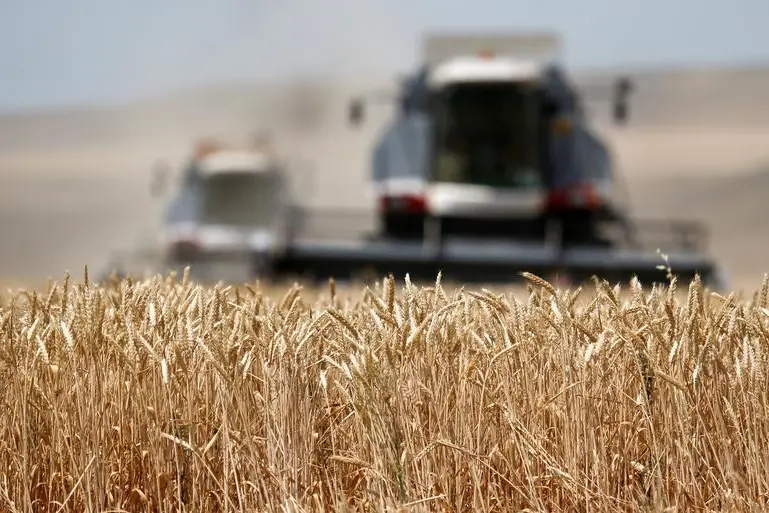PHOTO
Omani market will not be affected by the shortage of wheat witnessed around the world due to the ongoing Russia-Ukraine conflict, as it has signed agreements with three countries to import 160,000 tonnes of wheat, a top official of Oman Flour Mills Company (OFMC) said.
According to the estimates, local production of wheat is less than 1 per cent of the average
annual consumption, which is pegged at 350,000 tonnes.
Eng Ibrahim al Amri, chief operations officer at OFMC, said, “Most countries in the world that import wheat from Russia and Ukraine will be affected by the war, but the local Omani market will not be affected. There is no fear of wheat shortage in the sultanate because the stock is sufficient for several months to come.”
According to Amri most of the Omani silos are filled with about 160,000 tonnes of various kinds of grain that will be sufficient for the year. “The sultanate recently signed agreements with three countries to import additional 160,000 tonnes of wheat.”
He added that Oman has signed an agreement with India to import 100,000 tonnes of wheat, of which 60,000 have already reached the sultanate. The other two agreements include import of 25,000 tonnes of wheat from Argentina and 35,000 tonnes from Australia.
“I believe that Oman will be able to achieve self-sufficiency for local consumption by working hard, encouraging farmers to grow wheat and increasing the cultivated area of the wheat crop. The Oman Flour Mills Company, recently signed an agreement with the Ministry of Agriculture, Fisheries and Water Resources (MAFWR) to buy the wheat crops, locally known as Al Bur from Omani farmers in the 2022 harvest season at a cost of R0500 per tonne.”
Speaking to Muscat Daily, an official at MAFWR, said, “Oman produced 2,649 tonnes of wheat crop in the 2020-21 farming season, a 19.6 per cent increase compared to the 2019-20 season.”
“The total area of farm land used for wheat plantation was 2,449 acres, and the number of farmers increased by 5.5 per cent to reach 3,067 farmers in 2020-21,” said the official.
He explained that the ministry has introduced modern irrigation systems such as sprinklers, due to which a significant progress has been made in the expansion of crop cultivation and increase in its productivity.
He added, “The sultanate is working continuously through studies and researches to improve arable land which constitutes only 7 per cent of the total area. We expect that wheat production will increase this year to reach about 3,000 tonnes.”
© Apex Press and Publishing Provided by SyndiGate Media Inc. (Syndigate.info).





















